
Visit our other sites
-
Fapas - Proficiency Testing
Globally recognised provider of proficiency tests, running over 400 tests annually across an extensive range of matrices and analytes
-
Great Crested Newts Testing
A single sample taken by an ecologist at any time during the newt breeding season can determine their presence or absence, saving you time and money
Working in collaboration with industry partners enables us to bring our expertise and wealth of scientific research and innovation to the forefront and bring about progress into emerging and enabling technologies in the changing world we live in.

Our food supply chains are impacted by many drivers, which influence the ways we produce, manufacture, sell and consume food. Issues such as loss of pesticides (due to resistance and withdrawal), water security, health & nutrition, food fraud, invasive species and environmental sustainability have all become major challenges. The impact of these and others will continue to grow for the foreseeable future.
-
Total number of collaborative partners
27
-
Topics
Rapid Testing of Pathogens & more
-
Number of current Innovate UK projects
7
Innovate UK Projects
As a science-based organisation that works across the agri-food supply chain, Fera is ideally placed to address these challenges, providing effective solutions that solve real-world problems. These projects enable us with industry to;
- test the feasibility of an idea and make sure it will work
- create a new product, process or service, or improve an existing one, through research and development (R&D)
Always retaining focus on delivering progress with emerging and enabling technologies to better the world we live in. Listed below are a selection of recent Innovate UK funded projects where Fera is a partner in a project consortium.
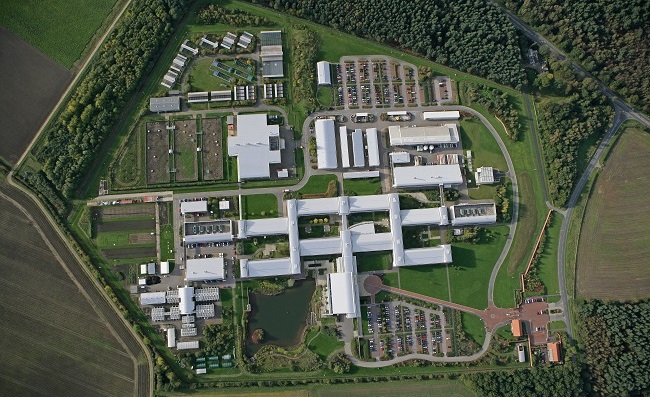
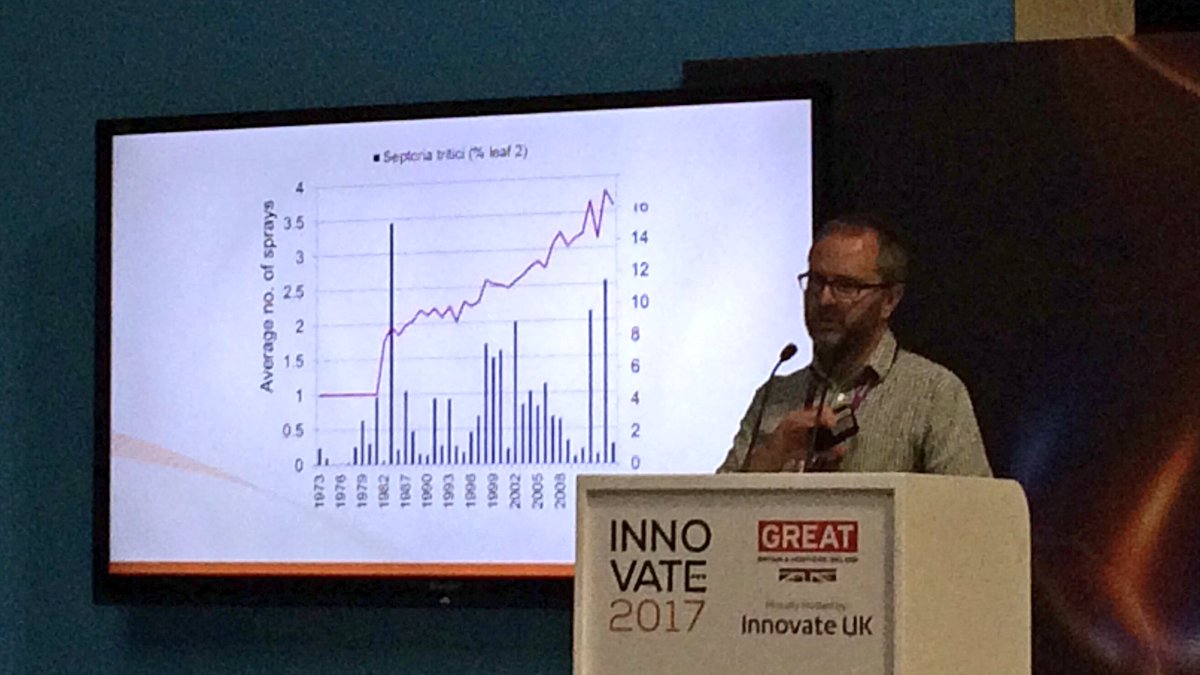
Improved risk prediction for precision agriculture: automated monitoring of pathogen movement
National survey data show fungicide use on wheat continues to increase despite fluctuations in disease pressure, reaching a 30 year high in 2012 (Defra). Septoria tritici is the most significant foliar disease in UK wheat causing between £43 to £53M in yield losses annually; control is by fungicide application costing £82M annually (GFK Kynetec 2013). Yellow and brown rust are more sporadic but cause significant losses in bad years; control relies on preventative spraying.
This cross-disciplinary project proposes a precision agriculture solution, developing a field-based instrument for detecting pathogen ingress into crops and reporting results of pathogen presence into a decision support tool such as CropMonitor in real-time. The proposed instrument will provide growers/agronomists with real-time information on inoculum moving into a crop (rather than symptoms), enabling more effective timing and selection of fungicide application, resulting in better control, increasing yield, and improved environmental stewardship.
Renewable fertiliser production to improve agriculture efficiencies and avoid environmental harm
Nitrogen fertilisers provide essential nutrients for crop growth. World consumption in 2010 was 105m tonnes; in 2013 the total value was £1.6bn. The price is determined by the cost of natural gas which is linked to the price of oil. To maximise yield nitrogen fertilisers contain ammonia or urea, (made from ammonia & CO2). Ammonia made from natural gas is responsible for 5% of global natural gas consumption (2% of world energy).
Recent work has shown that it is feasible to produce ammonia using renewable energy, using hydrogen produced by the electrolysis of water and nitrogen captured from air.
The project will design and build a pilot scale system on a UK farm for ammonia production and urea synthesis. By producing fertiliser at the point of use, it will be possible to decentralise fertiliser production, negating energy use to dry product for transport, reduce GHG emissions associated with production and transport, improve UK food security and provide valuable export revenues.
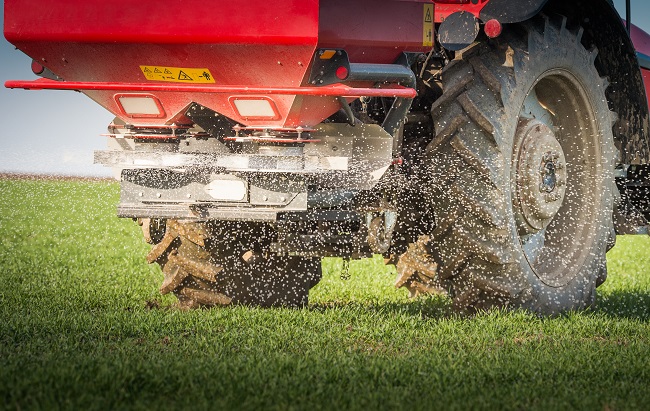

An integrated platform for rapid testing of pathogens in the meat/poultry supply chain
This project will develop a system for rapid detection of hazardous bacteria in foodstuffs. The system is highly innovative, and will be easy to use by food handlers, and farm workers, without needing to send samples to third parties for analysis. This system will help to improve food safety and reduce infections in humans, which will increase consumer confidence in the UK food supply.
Improved pathogen management of crops using rapid in-field diagnostics
Controlling disease relies on early and accurate diagnosis informing timely and targeted intervention strategies. Good resistance management is based on minimising the levels of exposure of the target pathogen to the fungicide, only spraying where the risk warrants treatment.
Knowledge of the resistance status of a field population will allow specific targeting of products avoiding use of ineffective treatments, maximising efficacy and longevity of active compounds. This multi-disciplinary project brings together agronomy services providers (Agrii) diagnostic providers (Optisense/GeneSys) and underpinning science (Fera) stakeholders to deliver a rapid, hand-held, in-field test for real-time monitoring of fungicide resistance strains of Mycosphaerella graminicola (Septoria tritici) within crops.
The results of testing will directly inform the user on interventions using the correct fungicide to control the specific genotype of the pathogen present in the crop. This method will save money on ineffective spraying, improve yield, decrease losses, prevent build up of resistance and prolong the life of active chemicals and promote their responsible use improving environmental stewardship.

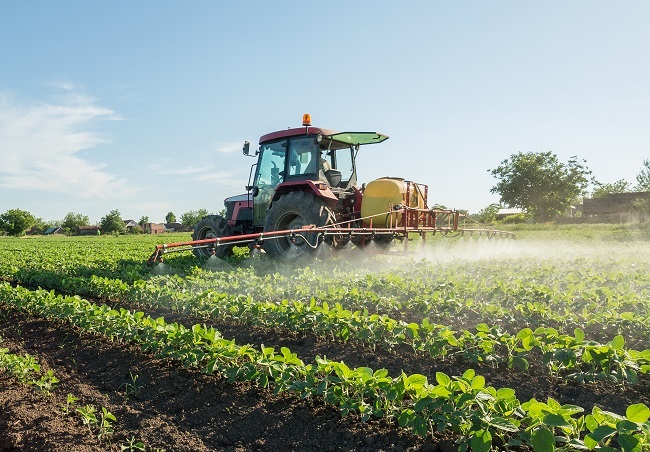
Next generation biopesticides for environmentally benign control of crop pests
The aim of this project is to translate innovative research into commercial products for the control of UK and European crop pests. The academic partners have developed a platform (fusion protein technology) that converts naturally occurring spider venom peptides into orally effective pesticides. Venom peptides, known to be harmless to mammals, are linked to a ‘carrier’ protein, when the resultant fusion protein is ingested by invertebrates the carrier protein transports the attached spider toxin across the gut and into the circulatory system where it can access its target site of action in the central nervous system.
The project will produce fusion proteins on a commercial scale by fermentation of genetically engineered yeast. This approach can be used to generate a new class of environmentally friendly pesticides that are harmless to non-target organisms such as bees. Our initial programme will develop formulations targeting slugs and beetle pests of wheat and oil seed rape.
Allicin as a potential insecticide for filth-feeding disease vectoring flies of intensive life-stock
Filth feeding flies are major pests of intensive livestock facilities globally and significant losses occur as a result of reduced productivity caused by the nuisance and irritation they cause animals ("fly worry"). Furthermore, flies act as mechanical vectors of a large number of pathogenic organisms of both animals and humans. When fly populations are large, insects may migrate to nearby premises, causing nuisance and creating potential health risks to residents. There are very few insecticides available to control the fly species associated with livestock rearing facilities, a fact that creates the constant risk of resistance development in those products currently in use.
The proposed project aims to develop a new insecticidal product based on allicin, a garlic-derived compound, which can be safely used against the major fly pests of livestock, both in the UK and globally. The project will examine the efficacy of the product, the economic case, market size and potential for the new product to be used in the range of other situations where flies are major pests.
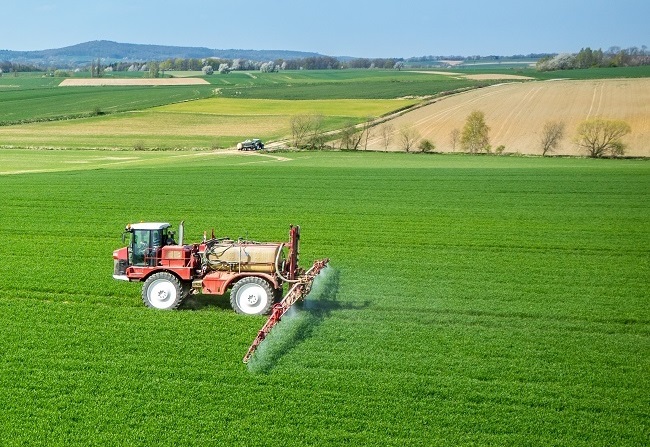
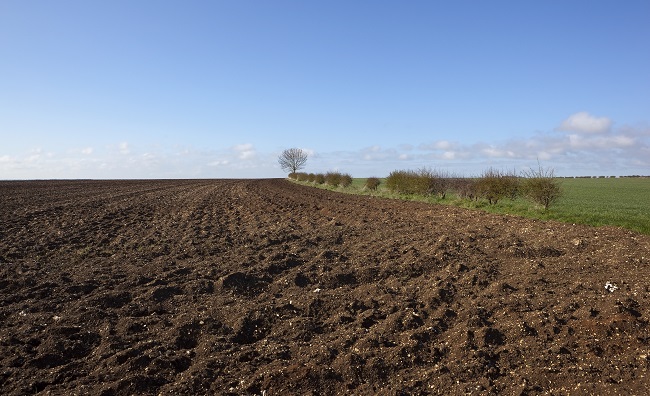
Molecular diagnostics soil testing platform as a decision making tool for agronomists
This project will generate a rapid diagnostic instrument for the detection of soil-borne pathogens. The instrument will eventually be able to test for a range of economically important diseases of animal and plants but the initial proof of principle will be the detection of Verticillium longisporum. The disease verticillium wilt has spread to the UK and can cause yield losses of over 20% in economically important crops such as oilseed rape.
This consortium brings a wide range of skills to solving this problem and will generate a diagnostic test and investigate intervention methods to manage the impact of the disease. The outcome will be increased agricultural output, management of this and other soil-borne diseases, and generation of UK employment, exports and revenues.

Copyright © 2025 Fera Science Limited (“Fera”). All rights reserved.
For further information about how Fera uses any personal data collected from you, please see our Privacy Notice at www.fera.co.uk/privacy-policy.


